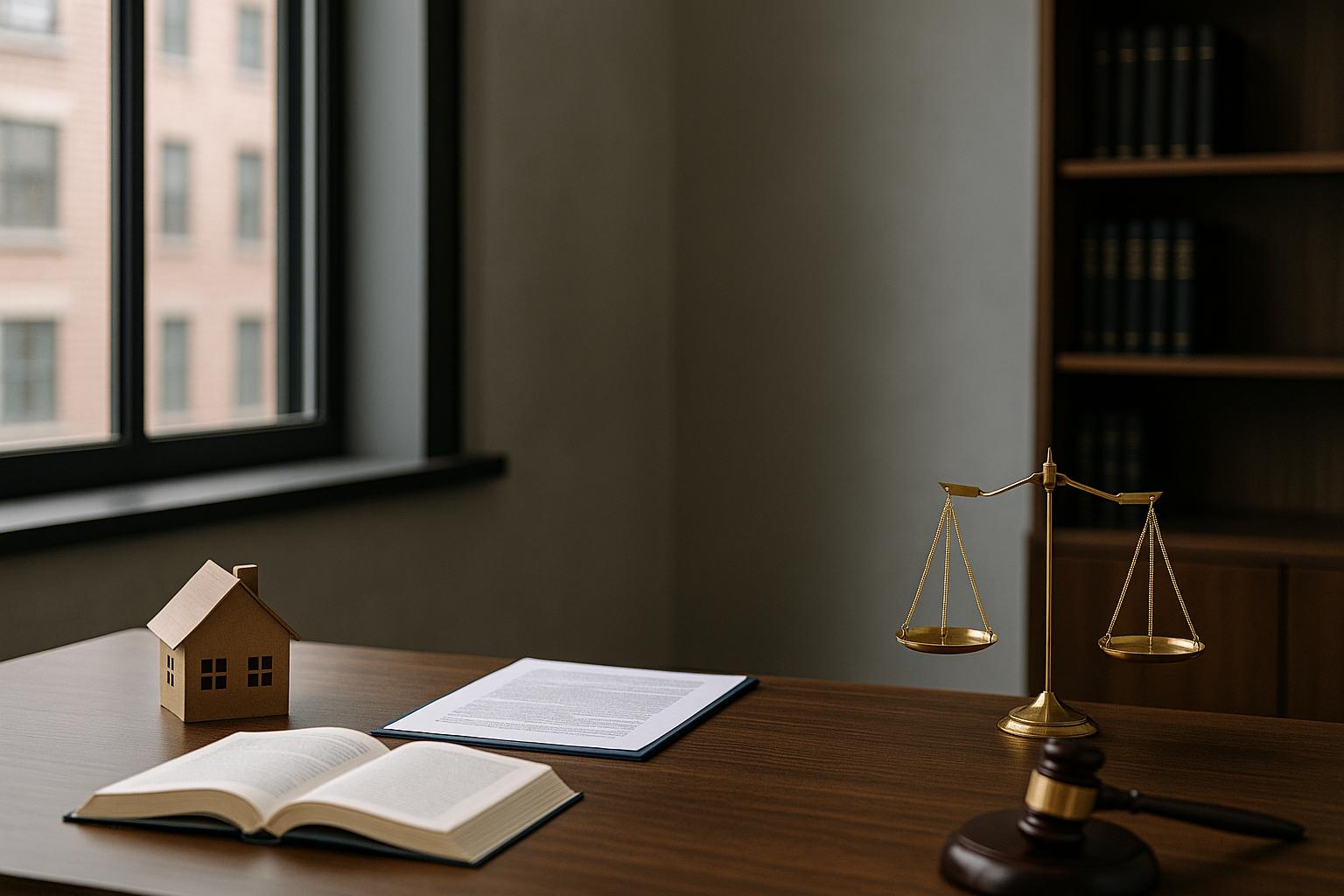Buying a home is often one of the most significant investments a person will ever make. The process can feel like a whirlwind of paperwork, negotiations, and inspections, but when everything seems perfect and the deal finally closes, discovering serious problems afterward can be devastating. Many buyers wonder whether they can sue the seller for failing to disclose defects that were hidden or deliberately withheld. Continue reading and reach out to a seasoned Rockland County real estate litigation lawyer from 59Law.com to learn more. Here are some of the questions you may have:
What Are Sellers Required to Disclose?
Under New York law, residential property sellers are required to provide what’s called a Property Condition Disclosure Statement. This form asks about a wide range of potential issues, such as structural defects, water damage, pest infestations, and hazardous materials like lead or asbestos. However, the law allows sellers to avoid completing the form if they instead credit the buyer $500 at closing. Many sellers choose that option, which limits their liability and leaves buyers with fewer disclosure protections.
Even so, sellers cannot commit outright fraud. If a seller intentionally conceals a major defect, such as knowing about a serious foundation issue, mold infestation, or leaky roof but taking steps to hide it, a buyer may have a valid legal claim. The challenge often lies in proving that the seller knew about the issue and misrepresented or concealed it before the sale.
When Can a Buyer Sue a Seller for Nondisclosure of Defects?
Buyers can bring a lawsuit under a theory of fraud or misrepresentation. To succeed, the buyer must show that the seller knew about the defect, intentionally failed to disclose it, and that the buyer relied on that false impression when deciding to purchase the property. For example, if the seller painted over water stains to disguise a recurring leak, that could amount to fraudulent concealment.
It’s also important to note that New York follows the principle of caveat emptor: “let the buyer beware.” This means the buyer is generally responsible for inspecting the property before closing. If an ordinary inspection could have revealed the problem, courts are less likely to side with the buyer. That said, when a defect is hidden in a way that even a reasonable inspection would not uncover, a claim may still succeed.
What Should I Do If I Discover Hidden Defects After Closing?
If you’ve discovered serious defects after purchasing your home, your first step should be to gather as much documentation as possible. Photographs, inspection reports, contractor estimates, and repair invoices can help establish the timeline and severity of the issue. It’s also wise to review any communication with the seller or their real estate agent to see whether there were misleading statements or omissions.
Next, contact a New York real estate lawyer experienced in disclosure disputes. An attorney can evaluate whether your case meets the legal standard for fraud or misrepresentation and determine whether pursuing a lawsuit is worth the cost and effort. In some cases, disputes can also be resolved through negotiation or mediation without going to court.
